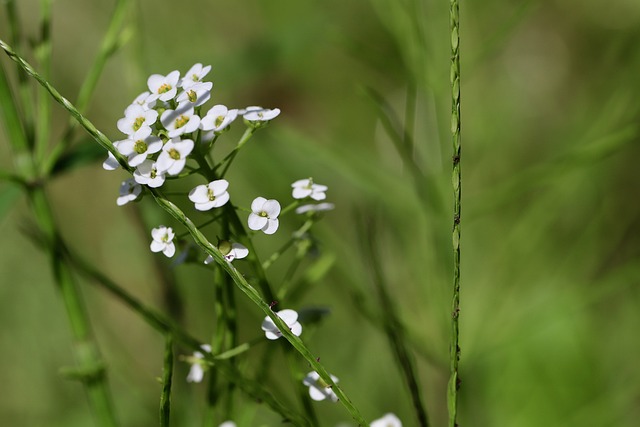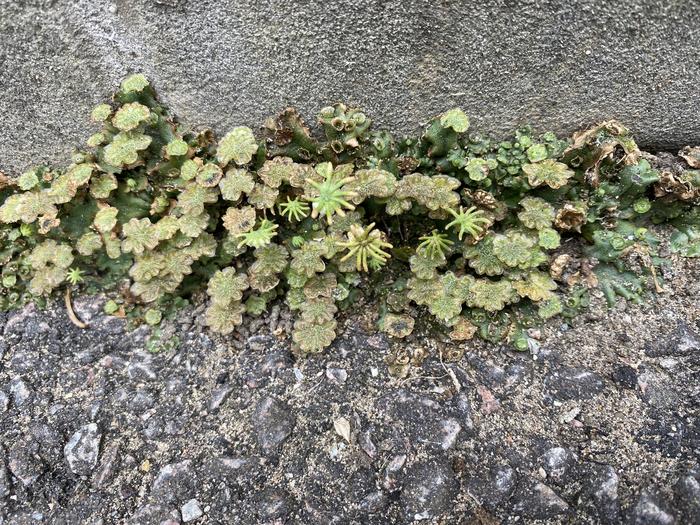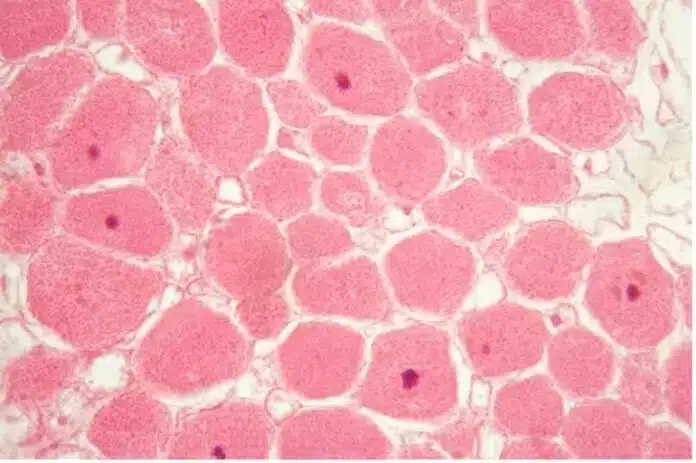New discoveries show that microbes inside plants are key to strengthening their immune systems, with the potential to minimize crop losses and enhance food production worldwide.
Plant pathogens cost hundreds of billions of dollars per year in lost food production. When thinking about the microbiome, most people immediately consider the trillions of microorganisms in the human body that aid in digestion, mental health and more. However, plants also harbor a complex world of microbes, both on and inside them. Emerging research shows that these plant-resident microbes play a critical role in plant health by helping their immune system distinguish between harmful and beneficial bacteria.
A recent Duke University study sheds light on how disruptions in the microbiome can weaken a plant’s ability to differentiate between friend and foe. Researchers found that disturbances in the microbial community living inside the leaves of Arabidopsis, a small flowering plant, can turn the plant’s own defenses against itself.
The study’s findings, published in the journal Nature Plants, highlight the potential for new methods to protect our global food supply.
“The findings could eventually lead to new ways to help safeguard our food supply,” Sheng Yang He, professor of biology at Duke University and senior author of the study, explained in a Duke University news release.
Crop pathogens, as estimated by the Food and Agriculture Organization of the United Nations, result in an annual global loss of $220 billion.
In the study, He and colleagues, including lead author Yu Ti Cheng, a postdoctoral researcher in He’s lab, explored the genes responsible for maintaining balance within the plant microbiome. During their research, they discovered that a mutation in a gene called TIP1 led to an overabundance of otherwise harmless bacteria within the plant’s leaves.
“They found that plants with a mutation in a gene called TIP1 had an excess of otherwise harmless bacteria inside their leaves,” Cheng said.
But these plants had other perplexing symptoms.
“For one, they were small and stunted compared with their wild counterparts,” Cheng said. “And they had dead patches on their leaves that normally occur when plants are fighting infection, even though no ‘bad’ bacteria were present.”
These signs pointed to an immune system malfunction, where the plant’s defenses were activated unnecessarily, attacking its own healthy tissues. The TIP1-mutated plants had their defense genes turned on even when no threat existed, leading to an immune system on overdrive.
“The plants still have the ability to defend themselves,” Cheng explained. “They’ve just lost the ability to distinguish between microbial friends and foes.”
In essence, the immune system starts attacking beneficial bacteria, mistaking them for threats.
“The host mistakes itself as the enemy,” Cheng said.
The researchers suspected that the out-of-balance microbiome was a factor in the malfunctioning immune response. To test this theory, they used a germ-free growth system developed in He’s lab, growing Arabidopsis seedlings both with and without microorganisms. Remarkably, the autoimmune symptoms in TIP1-mutant plants disappeared when grown without microorganisms. “That was our eureka moment,” the researchers said.
While the connection between microbiome imbalances and health issues is well-established in humans—think autoimmune disorders like Crohn’s disease and type 1 diabetes—this study represents the first clear link between an unbalanced microbiome and autoimmunity in plants, according to Cheng.
The precise mechanism behind this connection is still unclear. The TIP1 gene encodes an enzyme called S-acyltransferase, which has remained relatively unchanged throughout evolution, suggesting it may play a similar role in other species as well. The research team is now focused on identifying the molecules that the S-acyltransferase enzyme binds to and how this interaction helps maintain microbiome balance.
The ultimate goal is to develop new tools, such as plant prebiotics, to support or reset the microbiome. Doing so could help plants maintain balance, reducing losses in food crops caused by pathogens or spoilage. As Cheng said,
“The more knowledge we have, the more tools we can use to help plants thrive,” Cheng said.













